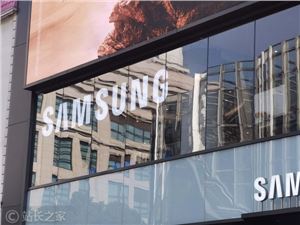In a recent public event, Meta CEO Mark Zuckerberg praised the company's self-developed Llama AI model, stating that it will take a leading position in the field of artificial intelligence.
However, despite Zuckerberg's confidence in Llama, Meta is still using competitor OpenAI's GPT-4 model in its internal tool Metamate, demonstrating a flexible strategy to adapt to the market.

Image Source Note: Image generated by AI, image licensed from service provider Midjourney
Metamate is an internal coding tool developed by Meta, combining the advantages of Llama and GPT-4, aimed at providing more efficient development support for company employees. According to insiders, this tool has integrated GPT-4 since the beginning of this year, allowing it to choose appropriate answers from both models based on the varying needs of employees. This flexible design enables employees to receive timely and accurate assistance when facing coding issues.
An employee who has used Metamate stated that the tool performs impressively in the generative AI field, even rivaling Microsoft's GitHub CoPilot and Anthropic's Claude Sonnet. Employees generally find Metamate quite effective for basic coding tasks, but it still struggles with complex engineering requirements.
Meanwhile, the charity organization Chan Zuckerberg Initiative (CZI), co-founded by Zuckerberg and his wife Priscilla Chan, has also become a client of OpenAI. CZI is developing an educational generative AI tool based on ChatGPT, aimed at providing innovative solutions in the education sector. Additionally, OpenAI CEO Sam Altman has been invited to join CZI's AI advisory board to further promote related research and applications.
Despite Meta actively promoting the potential of Llama and claiming that this model will become the most advanced AI model in the future, Metamate still relies on GPT-4 technology to ensure its responsiveness to various queries. Zuckerberg has mentioned that Llama has been pre-trained on a vast amount of data, but in practical applications, depending on other models to enhance the tool's usability is also a wise choice.
However, with the proliferation of AI tools, Meta's senior management is also facing pressure to reduce human resources. Some employees have pointed out that the efficiency of AI tools has led executives to feel they can cut back on staff, resulting in the company laying off over 20,000 employees in the past year, continuing the trend of incremental layoffs.
Key Points:
1️⃣ Zuckerberg highly praises Llama AI, claiming it will lead the industry, but Meta still relies on GPT-4 to enhance the functionality of its internal tools.
2️⃣ Meta's Metamate tool combines Llama and GPT-4, aiming to improve development efficiency and support employees' coding needs.
3️⃣ The efficiency of AI tools brings pressure for layoffs, with Meta laying off over 20,000 employees in the past year.









